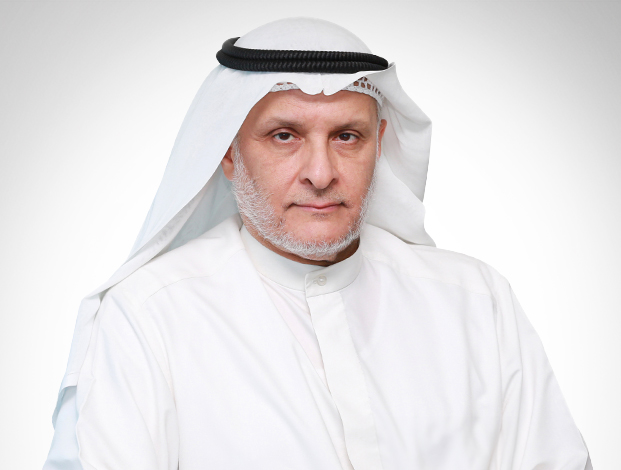Senegal’s moment to build local strength
 Senegal
Senegal 
Safiya Wane Ndour, general manager of Equinoxe Consulting, talks to The Energy Year about the importance of laying the groundwork for local content in Senegal’s oil and gas evolution and expectations for financing and infrastructure development as the industry advances. Equinoxe Consulting is an oil and gas consultancy firm that specialises in the upstream sector.
We have gone from not having an industry to having confirmed discoveries in a very short period of time. I was present at the very beginning of the oil and gas industry in Senegal. When I started our venture, we were one of only two companies operating offshore. Then we had the luck to make a very strong discovery of gas in the north, as well as at Sangomar. I think the country wasn’t really ready for these discoveries in terms of governance and laws, human capacity, local content or training.
I know the pandemic is very unfortunate worldwide, but it can be a great opportunity for countries like Senegal because we can use this time to fill those gaps. I think the country will take this opportunity to develop the local content law and governance. We should use this time to get prepared because post-Covid-19, things will move very quickly.
How do you see the country faring in a post-pandemic environment?
Considering the investor standpoint, we are trying to be as low-risk as possible. Senegal is a stable country. The economy was doing well before the pandemic and the political situation is stable, so this is a very good country to invest in. I am sure we will achieve a model to secure investors and I hope that the pandemic’s impact on the country won’t be too bad. I know that the World Bank and IFC [International Finance Corporation] are helping, and no one wants to see the country collapsing after the pandemic.
What are the remaining challenges in getting investors onboard?
As I mentioned, local content is not very strong at the moment. We have only two ongoing projects [Grand Tortue and Sangomar] and the FID for the Sangomar development was just announced in January, so the industry is very new. Still, we need to make sure that it is not a problem for investors to find oil and gas services providers in Senegal.
What services does Equinoxe Consulting offer?
We are a consulting firm specialised in oil and gas, in particular in upstream. We created the company in 2013. I am working with a network of experts and other consultants, depending on the assignment we have. We provide services to all the stages of the oil and gas value chain, assisting companies to come and operate in West Africa in either our offshore or onshore basins. We are helping in areas such as licensing and permitting.
We also have a group called ENEX Group Senegal, a service company focused on industrial waste management and training. Beyond Senegal, we are working in Niger, the Gambia, Mauritania and Mali.
Is there a regional role model for Senegal?
Ghana is one, as the local content is strong there. It is better when the country is prepared and the local expertise is present. In Ghana, the government helped the SMEs to cope with the needs of oil and gas companies and they found a very good scheme to progressively get involved with the foreign operators.
What is Senegal doing in order to avoid Dutch disease?
I am sure this is a top priority of the president of Senegal and the government. We are, however, at a very early stage, just ending the initial exploration. Just six months ago, we changed the petroleum code. The issue of how to involve locals has been one of the top priorities and I am sure once the law is published we will see opportunities in this area. I am happy with the changes, and I can see on meeting with government officials how receptive they are to industry feedback.
Do you expect proper financing for the development of upstream infrastructure for the discoveries?
I don’t think financing will be a problem. The discoveries are here and the projects are viable, so any good financial institution can structure good financing for the NOC and the government to develop the infrastructure on the upstream side. There is a lot to do, but since the government is a part of the joint venture with the operators, the most important thing now is to bring funds to those two projects.
Recent Posts
Angola’s power generation and electrification ambitions
Angola is working hard to increase its power generation capacity by boosting hydro and solar energy, as well as linking… Read More
Angola’s Sonamet delivers on subsea fabrication demand
Domingos Augusto, CEO of Sonamet, talks to The Energy Year about the company’s performance in 2023, its key projects for… Read More
BNA’s economic expectations for Angola
Manuel António Tiago Dias, governor of the National Bank of Angola (BNA), talks to The Energy Year about the bank’s… Read More
Innovation ups production in Kuwait’s upstream
Tareq Qaddumi, CEO of SPETCO, talks to The Energy Year about developing novel solutions for gas processing and the company’s… Read More
Trinidad and Tobago’s downstream potential
Despite the global energy transition, Trinidad and Tobago’s downstream sector, centred at the Point Lisas Industrial Estate, is thriving and… Read More
Kuwait’s Joint Operations shift into a higher gear
Khaled Nayef Al Otaibi, CEO of Kuwait Gulf Oil Company (KGOC), talks to The Energy Year about the challenge of… Read More





